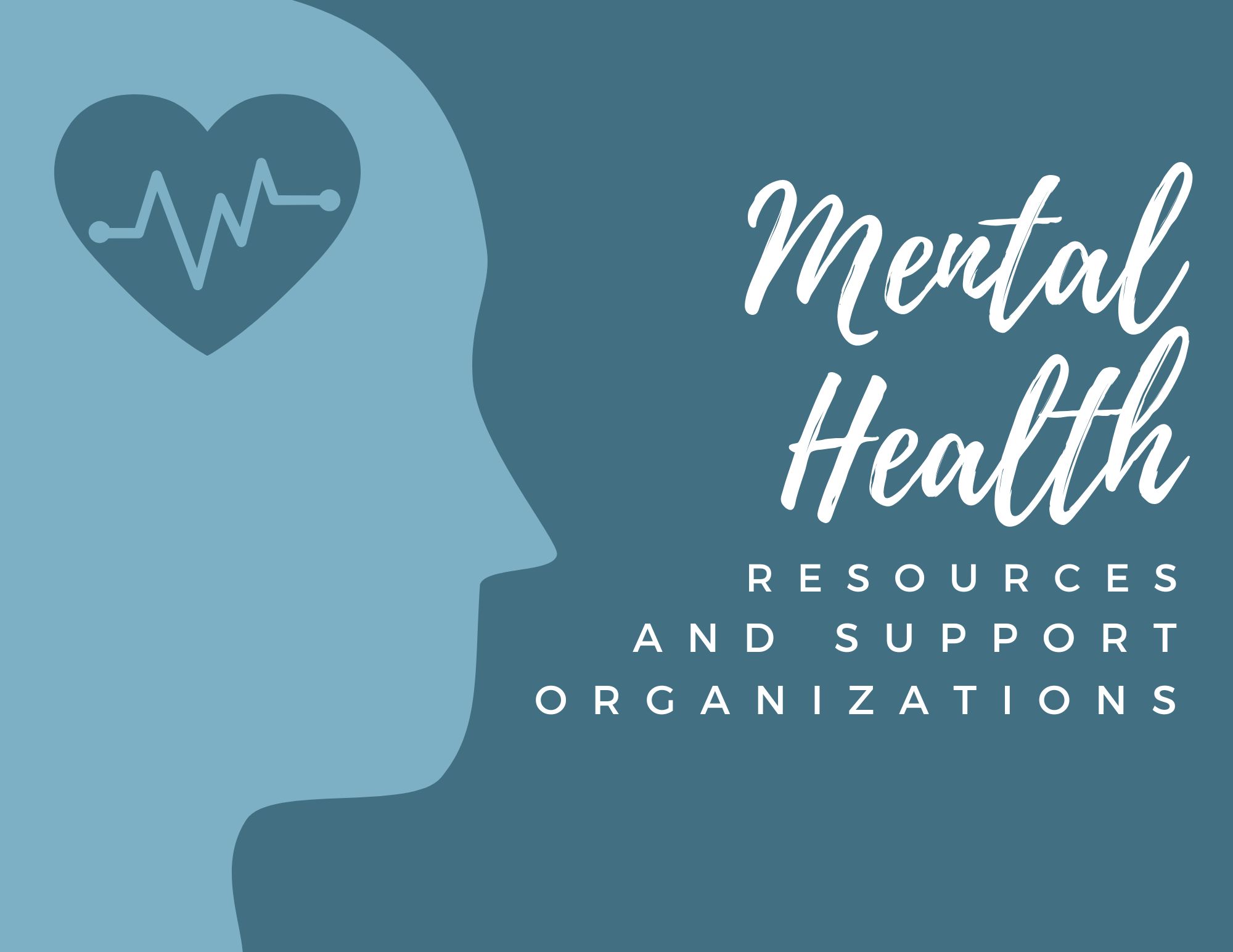When I was a 29-year-old father and husband, I was diagnosed with three different mental health conditions at the same time. It was a turbulent time in my life, to say the least: I had been told by my employer that I would not be returning to work with them the following school year, I was on the brink of a mental breakdown, and I was struggling to maintain my marriage at home.
May is Mental Health Awareness Month.
Did you know?
One in 5 adults experience mental illness each year, and only half of them receive treatment.
Find out more from NAMI, the National Alliance on Mental Illness
It had become painfully clear to me that I had to pay closer attention to my own mental health.
I took the next year to give psychiatric medications a try — something that I had never before been willing to do. I researched constantly how to manage or extinguish the symptoms I was experiencing in my daily life. I even started some counseling. And these efforts all helped in their own unique ways.
With time, things got a little more manageable. The medications helped my mood and focus so that I could attend to my new full-time job and the night school requirement that went with it. I learned how to better identify the triggers that sparked my negative emotions throughout the day. I began to give myself more grace and compassion, and my relationships slowly improved.
That’s not where the story ended though, of course. Life still had its demands and pressures. With three kids under four, my wife and I facing the pressure of a tenuous financial situation, and me starting a new career, we still had plenty of challenges.
And then COVID happened.
At times, I thought to myself, “When will this stress and pressure ever let up?”
It took a great deal of time, effort, and energy over the next four years to learn how to effectively maintain my own mental health. Now I can say confidently that work has paid off.
Do you or a loved one need help? Here are two options:
Reach out to the NAMI HelpLine. The NAMI helpline offers one-on-one help and information necessary to tackle tough challenges that you, your family, or friends are facing. Available Monday through Friday from 10 a.m. to 10 p.m. ET. Call 1-800-950-6264 or chat or text by texting "helpline" to 62640.
Call or text 988. The 988 Lifeline provides 24/7, free and confidential support for people in distress and prevention and crisis resources for you or your loved ones.
Find more helpline resources here.
Here are four things I’ve learned on my path to improving my mental health:
Movement is essential
Sitting still too long leads to mental and emotional discomfort, at least for me. I've worked up to running or lifting weights five days a week. On the other days, I still get moving by walking with my family around our neighborhood, chasing my kids around the backyard, or doing a quick 25 pushups or jumping jacks whenever possible.
Nutrition and hydration matter
Eating lots of protein, healthy fat sources, complex carbohydrates, and water-based drinks every day helps ensure my body and brain aren’t being hijacked by the negative effects of highly refined foods. Consult with your doctor on what may help you.
Use prescribed medication that works for you
Ultimately I made the decision to get off of psychiatric medications. I don’t condemn or oppose them — it’s just that the side effects for me outweighed the benefits at the time I was taking them. The tradeoff just wasn’t worth it for me and my family. I found alternate treatments that work well for me, but everyone is different, so if your medications aren't working for you, ask your doctor about whether there are different treatments you can try before discontinuing any medication.
Inform yourself and educate your loved ones
I couldn’t be where I am today without the countless authors, speakers, and influencers I came across who published their educational content about preserving mental health online or in books. I implemented so many of their suggested strategies and skills in my own life as soon as I could. When possible, I let my wife, extended family, and friends know about my mental health so that they understand me better and how I uniquely process and approach things. Ask your doctor for recommendations.
Things in my life today are far from perfect. Every day brings its ups and downs. But I am not without tools and resources like I was before. I now have self-awareness and the wisdom of others who have traveled this road before me to help me lead the best life possible.
Know you are not alone if you are on a journey to better mental health, no matter what your path looks like. There are plenty of us walking right beside you.
Josh Stoner is the publisher of Macaroni KID Lodi, Calif.
 Click here for a list of support organizations. Click here for a list of support organizations. |



